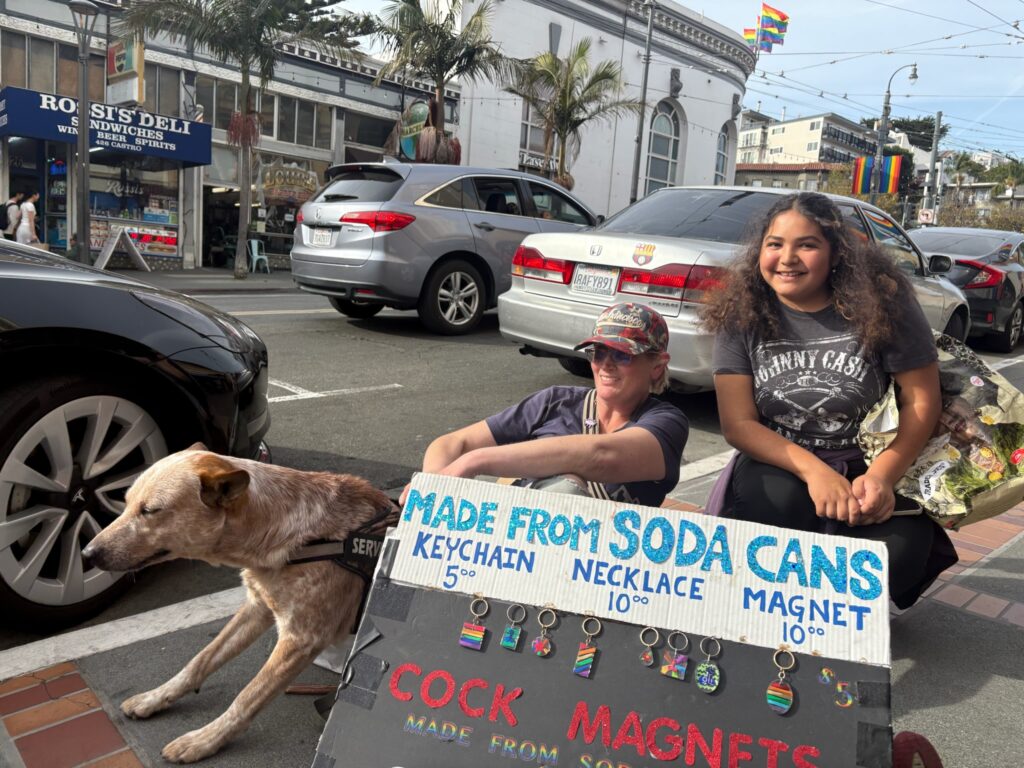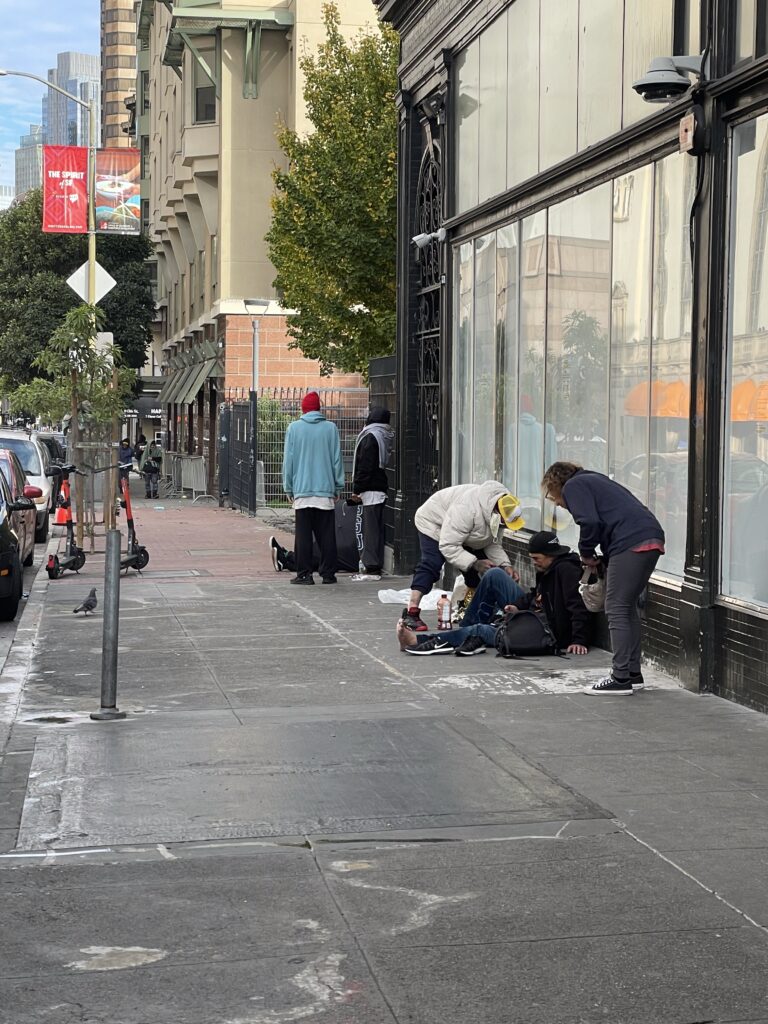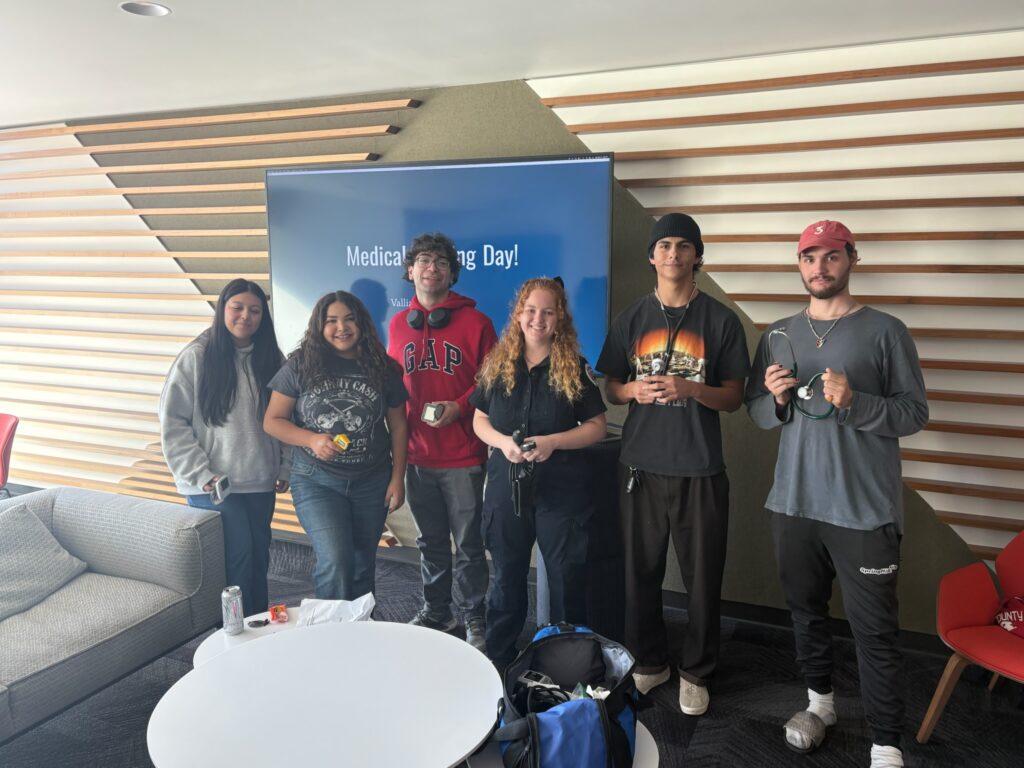

Research & Public Health Nonprofit
Serving the Unhoused in San Francisco
Volunteer as a research assistant, outreach associate, or business intern and learn while helping your community. Online and in-person internships are available.
Mission Statement
Delivering holistic support to San Francisco’s unhoused residents by meeting immediate needs and connecting them with resources that foster long-term stability. Through dedicated research, we also develop innovative solutions to create lasting, sustainable impact.
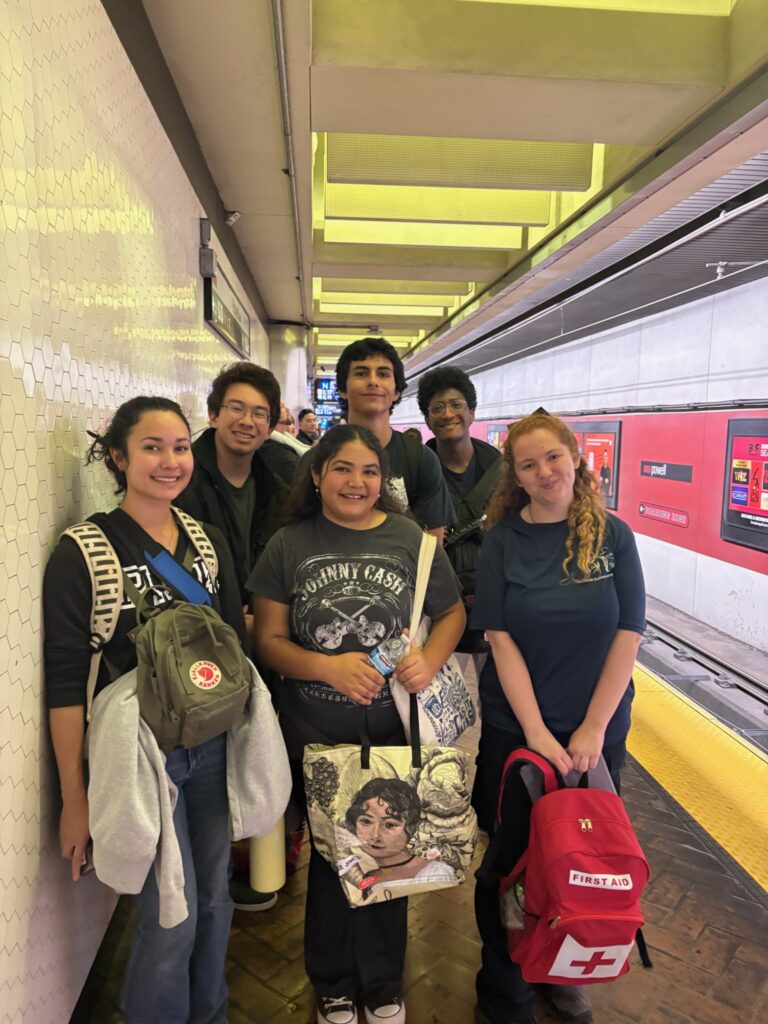
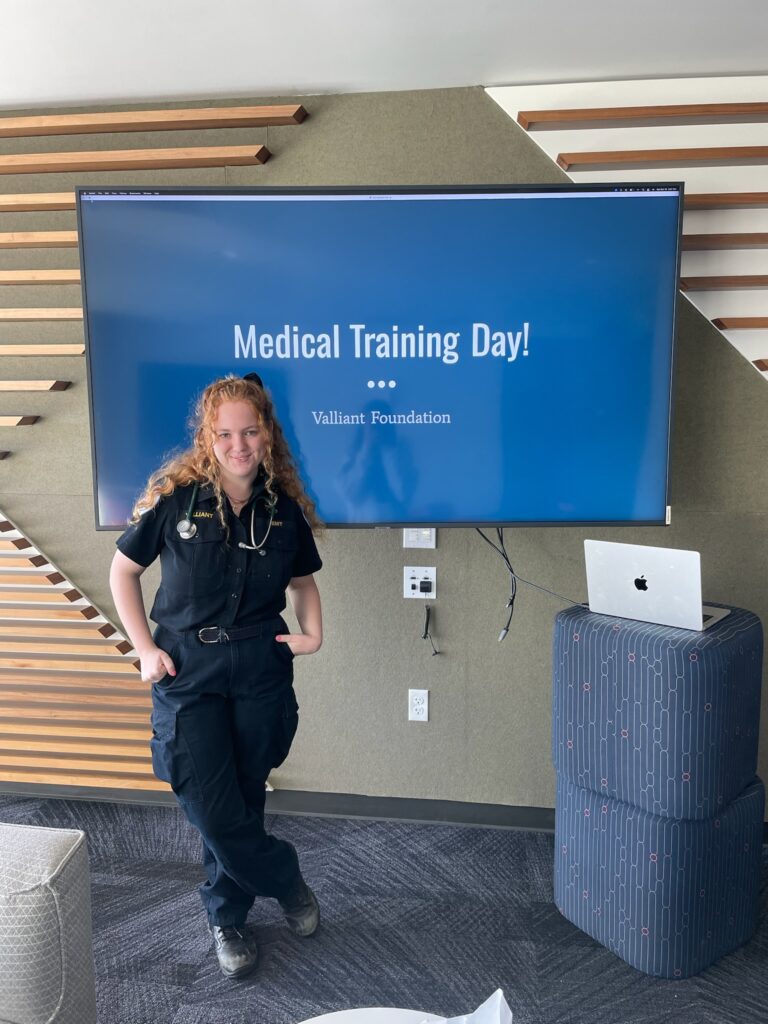
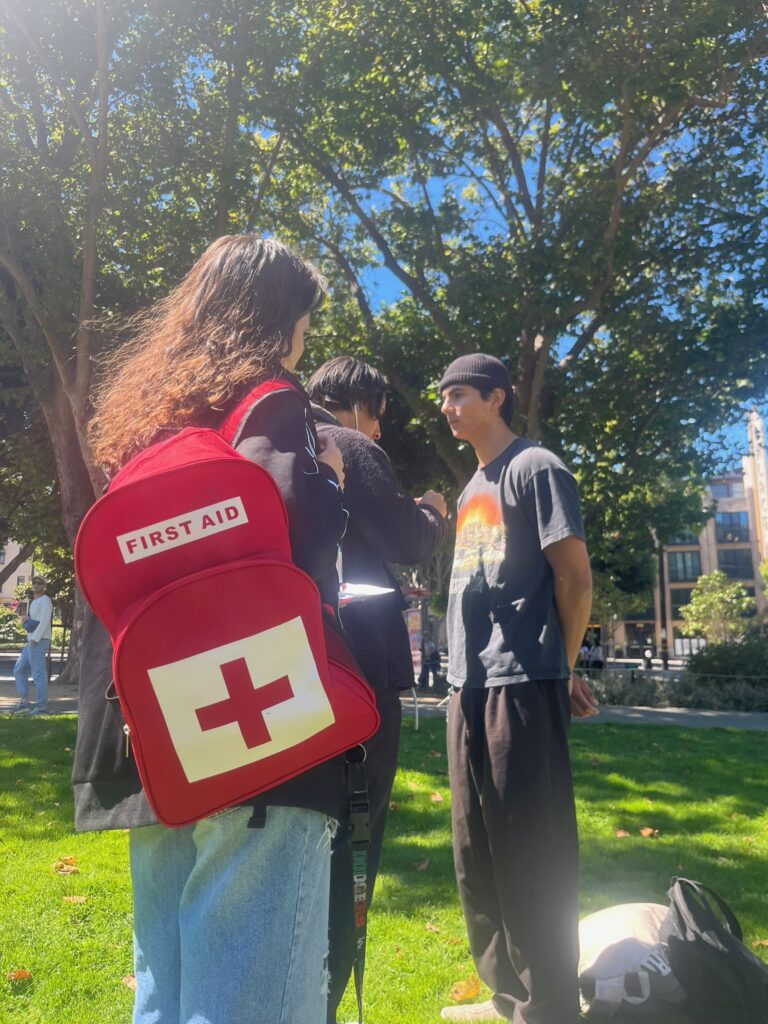
Support Us In Transforming Lives
Donations go straight to providing food, medical supplies, and clothing for the unhoused. Funds are also used to further our research efforts.

Homeless Heartline
Connect with a trained volunteer to explore accessible resources, find a safe space to express your feelings, and learn effective coping skills in a non-clinical setting.
Nathan Ezenwa, Chief Logistics Officer
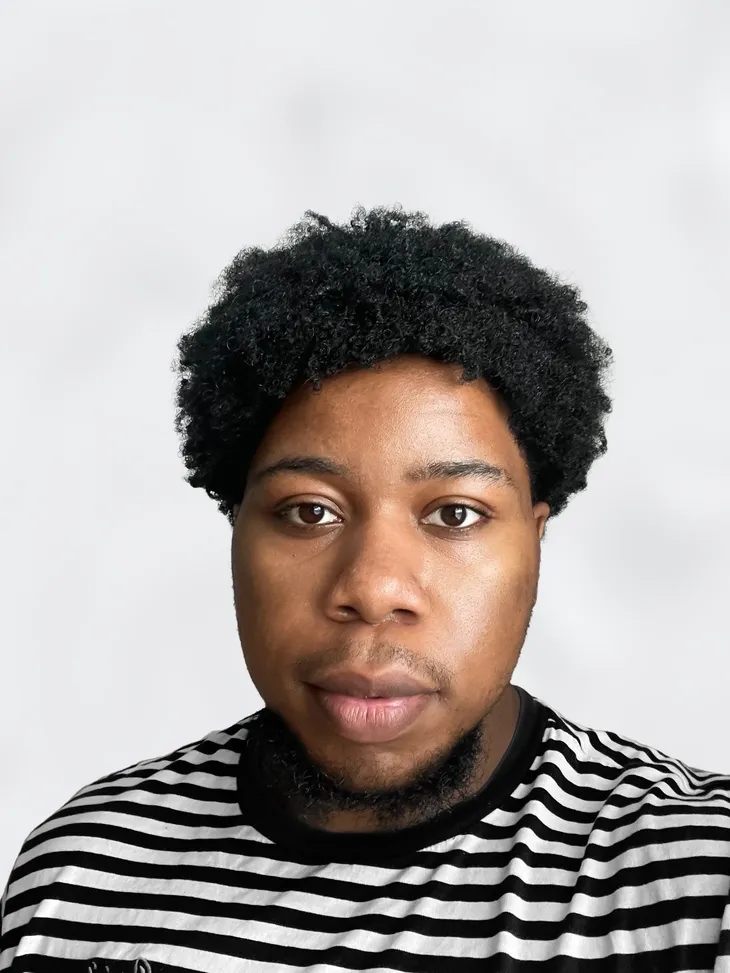
Nathan is a third year psychology major with a minor in management. With a key eye for problem-solving and figuring out solutions. With aspirations of going to get his masters in business management. He likes to hangout with friends and family and be a traveler, as well as helping others any chance possible.
Sean Velasquez, Chief Operating Officer
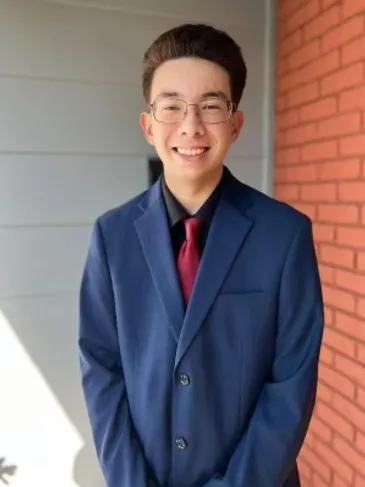
Sean Velasquez is the Operations Supervisor. Sean will be overseeing the fundraising activities as well as lead groups of volunteers into homeless encampments and coordinate specific locations around the city with high homeless rates. With a background in supervision, volunteering, and hands-on instruction, Sean is well suited to the role. As an instructor, he’s had the privilege of teaching welding, plumbing, and electrician skills to both adults and youth, which allowed for development of their skills and growth. He will use these experiences to help support the unhoused by providing them with supply bags, mental services, as well as career support. He has had experience working as a fundraiser during his time in Scouts of America teaching him about managing the funds and being transparent with the donors. The fulfillment he’s found in these roles, particularly in guiding and supporting others, aligns perfectly with the responsibilities of an Operations Supervisor at Valliant Foundation.
Melissa Hernandez, Chief Communications Officer

As a Bay Area Native, Melissa has seen at first hand the effects of the homeless community in San Francisco. Her experiences have culminated into dedication and commitment to helping the homeless population. For most of high school, she was part of the Students in Action program where the focus was aiding underprivileged families in her community. Her hours of participation there have resulted in fundraising, research, collaborating, and leadership experience. She hopes to use her skills to conduct preliminary scientific research, draft and edit research proposals to support the foundation’s initiatives and goals. She will also manage media relations, like contacting media outlets to gain publicity for the organization. She will oversee social media pages to grow a community of individuals dedicated to the best interest and benefit of the homeless community. She is looking forward to working with Valliant Foundation to bring awareness to the cause at hand. Melissa is loyal to Valliant Foundation’s mission and hopes to make a change, whether it’s big or small. She is grateful for the privilege she has been given, the ability to make change in the world.
Ivy Wang, Chief Geospatial Analyst

Ivy is a senior from Rutgers School of Management and Labor Relations. She is passionate about applying her interdisciplinary knowledge and skills to address the social and environmental challenges.
THE SAD TRUTH
Being homeless in San Francisco is like standing on the edge of a city that never truly sees you. The streets, once filled with hope and opportunity, become a maze of hardship where each day is a battle against the elements and the invisible walls of society’s indifference. Picture this: you wake up on a cold, unforgiving sidewalk, the fog rolling in from the bay, chilling your bones. The city buzzes with life around you, but you’re left in the shadows, fighting for space, for warmth, for a moment of peace.
There’s no shelter from the biting wind or the relentless sun. Finding a place to sleep becomes a nightly struggle—every corner of the city is claimed by someone else who’s just as desperate. Even if you manage to grab a spot, you’re haunted by the fear that your few belongings could be stolen or that you might be forced to move on by the authorities.
Food is scarce, and navigating the city’s labyrinth of services often feels impossible. The average person might walk into a store without thinking twice, but for someone homeless, just walking inside can mean facing suspicion, hostility, or outright rejection. Your stomach growls, but your dignity takes a deeper hit each time you’re turned away.
And yet, the worst part isn’t the hunger, the cold, or the exhaustion. It’s the way people look right through you—like you’re part of the city’s landscape, but not part of its people. The isolation is suffocating. You hear laughter, see friends meeting for dinner, feel the life of the city moving forward, but you’re stuck, unseen and unheard, hoping that someone, anyone, might offer more than a passing glance.
